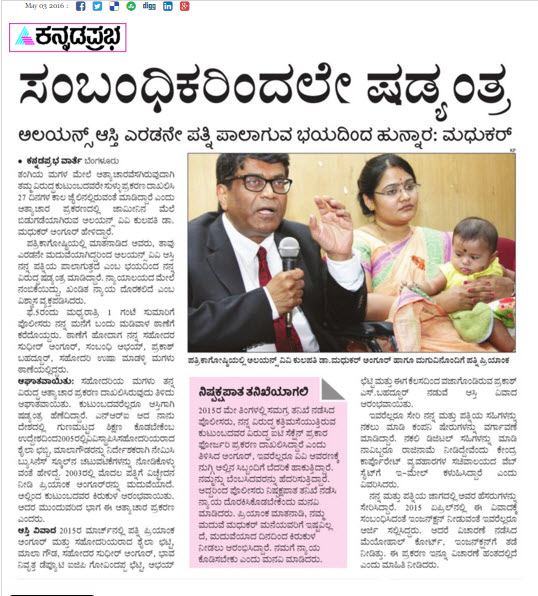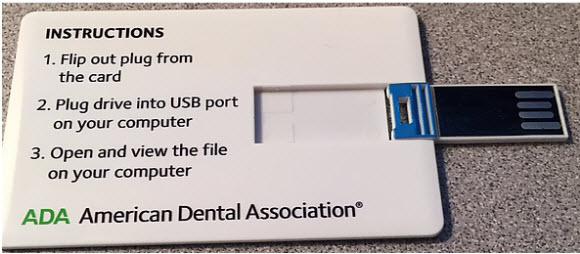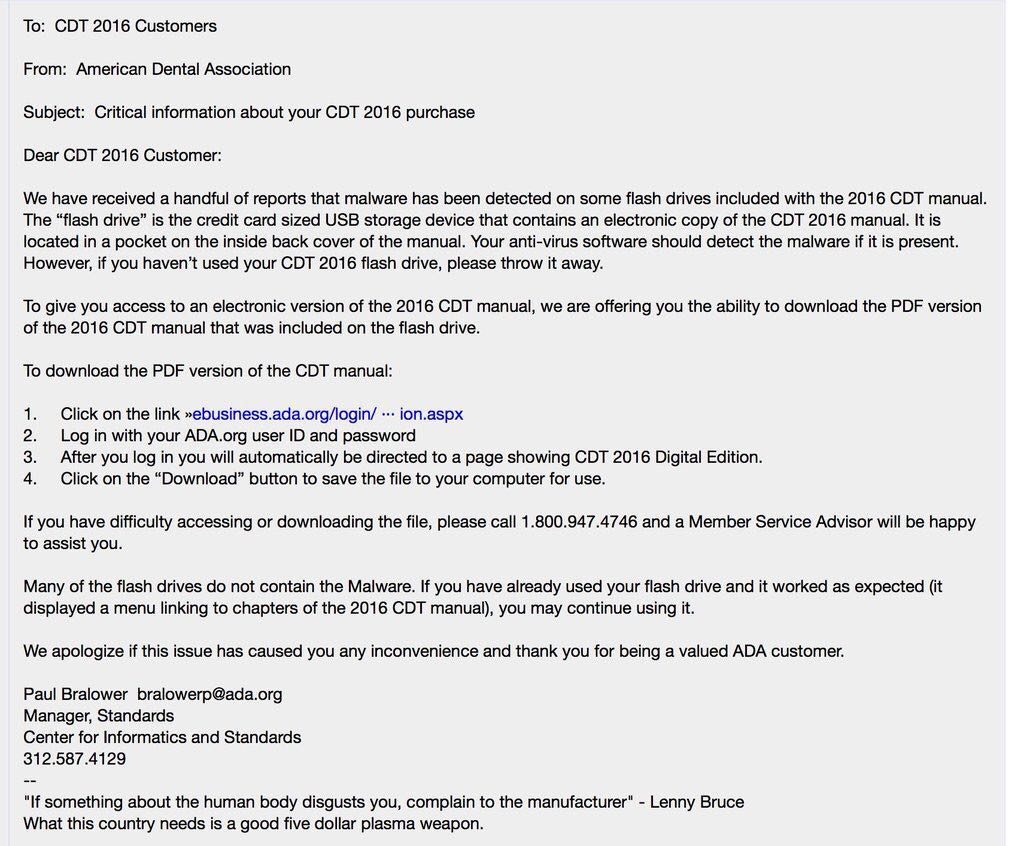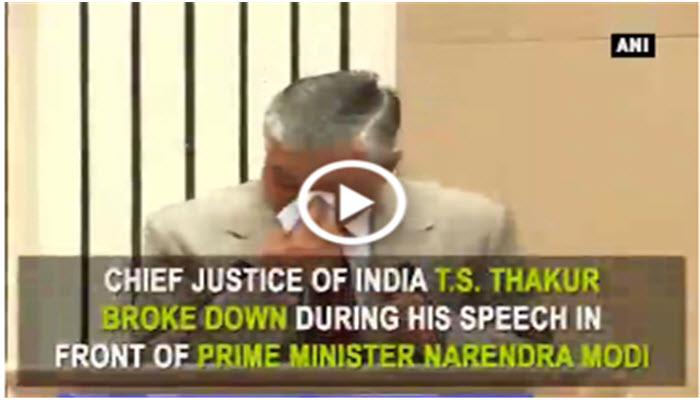Over the last decade and more specifically over the last few years, there has been a tremendous development in the use of ICT with the mobile technology taking firm roots. On the one hand Mr Modi has been promoting the “Digital India” concept and going all the way to promote the use of digital technology such as Aadhar.
Naavi.org has been cautioning the over use of the technology without appropriate safeguards such as information security and Cyber Insurance. However, certain types of regulation need to be cleverly drafted so that there is no misuse of technology but the regulation does not hurt development. Drafting of such legislation requires a knowledge of both the domain of legislation as well as the technology. Lack of such professionals in the bureaucratic circles appears to be creating situations where some decisions are taken at different ministries which directly affect Mr Modi’s development agenda.
There appears to be a set of people in the Governments who are hurt by the beneficial aspects of e-Governance and would like to curb the power of technology through new regulations. They seem to be targetting Cyber technologists with a vengeance by introducing restrictive laws that betray lack of understanding of the Cyber Business model solely to meet their short term goals some of which may be sinister Anti-Modi designs.
Two examples that stand out in recent times is the Arvind Kejriwal’s fight agaisnt Uber in Delhi and Karnataka Government’s bill on Aggregators of Taxi services. In both cases new laws have been passed to curb the growth of the new business.
Surge Pricing was bad to some extent but it had some logic. It could be regulated to prevent fraudulent pricing instead of bringing down the system itself. Karnataka’s law on taxi aggregators also tries to hit out at the new business model because the Government feared losing revenue from taxi operations.
Now a third fight has opened up in the new “Map Law” which imposes hefty fines upto Rs 100 crores for erroneous “Geo Spatial Information” besides possible 7 year imprisonment.
While the apparent intention was to ensure that India’s borders are not wrongly depicted by Google Maps, the law appears to actually hit the domestic start ups and small companies which are developing new business around the location of the user.
The new law would seriously hurt many mobile app operators who could be could be a taxi operator or a medical service or an ambulance service or a catering service or a grocery supply service. Today every business wants to know the location of the customer and make services available on “Near You” basis. Probably it could hit you and me who may use WhatsApp to share our location.
The draft law has now drawn the attention of the public that it may introduce an unintended licensing system that could kill many small businesses and go completely against the “Start Up” concept that Mr Modi is promoting under the Digital India concept.
According to Section 4 of the proposed law,
“Dissemination, Publication or Distribution of the Geo-spatial Information of India.-Save as otherwise provided in this Act, rules or regulations made there under, and with the general or special permission of the Security Vetting Authority, no person shall disseminate or allow visualization of any geo spatial information of India either through internet platforms or online services, or publish or distribute any geo spatial information of India in any electronic or physical form. “
Under Section 9
“Any person who wants to acquire, disseminate, publish or distribute any geo-spatial information of India, may make an application along with requisite fees to the Security Vetting Authority for security vetting of such geo-spatial information and licence thereof to acquire, disseminate, publish or distribute such Geo-spatial Information in any electronic or physical form. “
Under Section 3,
“Save as otherwise provided in this Act, rules or regulations made thereunder, or with the general or special permission of the Security Vetting Authority, no person shall acquire geo spatial imagery or data including value addition of any part of India either through any space or aerial platforms such as satellite, aircrafts, airships, balloons, unmanned aerial vehicles or terrestrial vehicles, or any other means whatsoever”
Under Section 13
“Whoever disseminates, publishes or distributes any geo spatial information of India in contravention of section 4, shall be punished with a fine ranging from Rupees ten lac to Rupees one hundred crore and/or imprisonment for a period upto seven years. “
It is noted that the law criminalizes the dissemination of information without license by a stringent 7 year imprisonment term without even any hint of a need to prove some criminal intentions.
There is no “Exemption” provision that exempts users and any body else without malicious intentions from penalty.
There is no doubt that the law in its present form is absurdly draconian and will be struck down if challenged in a Court of Law. I hope the Government withdraws the law or makes substantial correction without exposing itself to another embarrassment in the Supreme Court.
If the law makers had any sense of the market place they would have restricted the penalty to only cases where the depiction of wrong borders was intentional and use of maps was for some anti national purpose. In every other case, a wrong map is a consumer protection issue and it would suffice if the consumer interest is protected with a penalty in the form of damages.
For example, if a map on a mobile App depicts there is an Adigas hotel in 5th Main, Chamarajpet, Bangalore and I search for the hotel for half an hour and cannot find it, it would suffice if I can collect a “Free Meal Coupon” as a compensation. There is no need for the app developer to be jailed for 7 years under a cognizable offence.
The law makers are simply unaware of how many of our businesses would be facing 7 year imprisonment term for their routine business activities on account of this new proposed law.
I cannot but think that the law has been framed only to defame Mr Modi and his efforts to promote Digital India by some bureaucrat who sits in the Government as a mole of Congress. Already a campaign has been mounted in Washington Post citing the absurdities of this law.
I wish Dr Subramanya Swamy finds out who actually was responsible for framing such a draconian law.
On the contrary, if this is simply a case of over enthusiasm and a blinkered vision that “Maps” means “Google” and “Apple” and hence one can think of Rs 100 crore penalty, then the concerned official should admit his ignorance and resign from his responsible position immediately or else removed.
It is well known that this law will not deter Pakistan or China from depicting the maps of Indian Border as they wish. Hence the law will not have any effect but to make innocent Indian businesses to pay. It is expected that Apple or Google will pay whatever license fee is imposed on them and pass on the burden to the users such as the Zomatos, the Olas etc. The cost of doing business will therefore go up and the Ease of Doning Business index of India will dive down.
Hence there is a need for Mr Modi to immediately initiate corrective action.
I Invite public to send their views on this draft bill to jsis@nic.in within next 30 days to protect Digital India
Naavi
Related Article : Livemint














